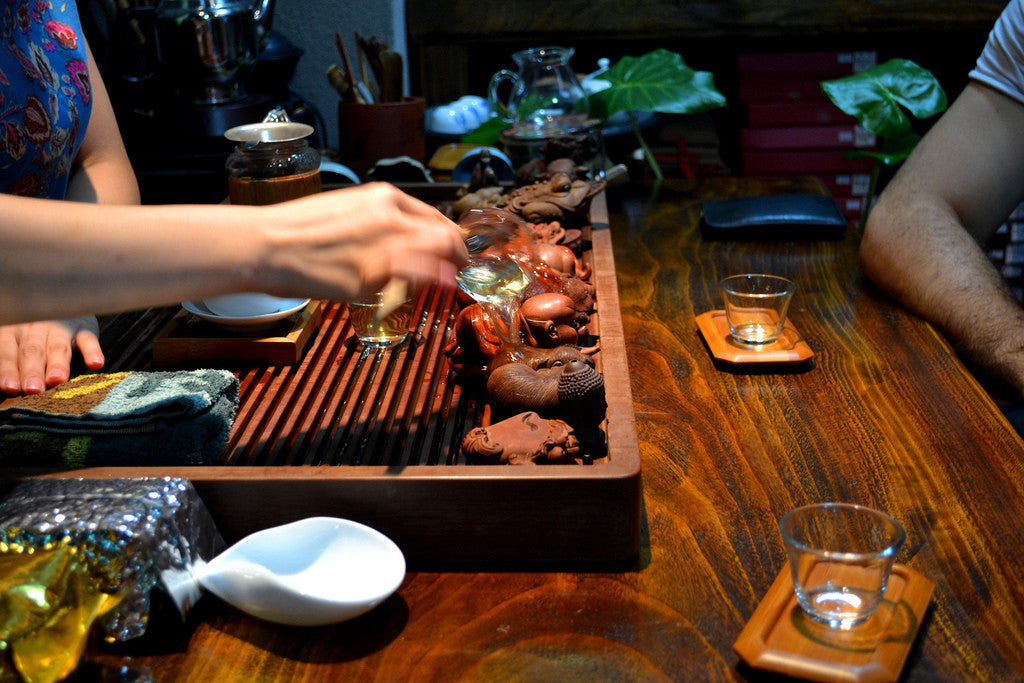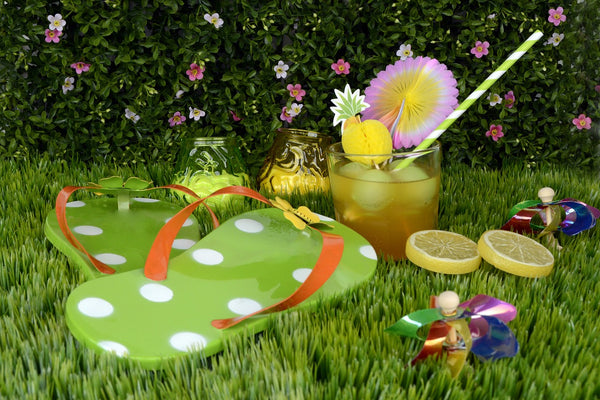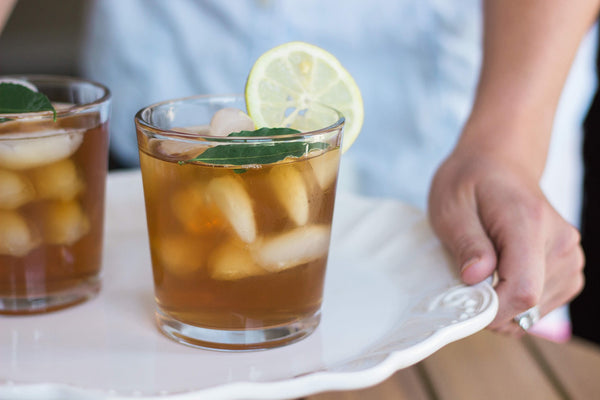
Every time I am with the Chinese side of my family we always drink tea. My Uncle Vincent is the self-proclaimed tea master of the family and the one thing that he always insists on is rinsing the tea before serving it. If anyone makes the mistake of just steeping the tea there is usually a big argument and we need to order new tea and start all over again. You have to love families, right? Rinsing tea is when you pour a small amount of water over loose tea in a teapot. You then quickly pour the water out and discard it. It is like a mini-steep that only lasts for 5 seconds. Up until about 10 years ago, I had no idea why it was such a big deal to rinse tea. Then my Uncle Vincent explained it to me and now I will pass it on to you.
Rinsing tea helps to “awaken” the tea leaves
The Chinese believe that rinsing tea helps to prep the leaves so they release more flavor. This occurs for two reasons. The first is because the teapot is heated, ensuring that the water temperature does not drop when poured into the teapot. The second is that the tea leaves are given a “microsteep” so they are pre-soaked, which allows you to flush the dust and fannings away from your higher quality teas giving you a smoother cup.
Rinsing is essential with Pu-erh
There are a lot of people who first try Pu-erh and think that it tastes fishy. This funny taste occurs because of the fermentation process and has nothing to do with fish. The best way to eliminate this taste is to rinse the tea leaves first. A simple 5 to 20 second steep will make your Pu-erh taste like it is supposed to.
Summary
To achieve the maximum flavor from your loose tea leaves, you should try to give them a quick rinse. This will ensure that your teapot is warm and tea leaves are pure (without the dust and fannings).
photo: flickr.com/photos/logatfer/6575258663/sizes/m/in/photostream/
1 Response
Leave a comment
Comments will be approved before showing up.



Foodie Friday: Tea
January 21, 2016
[…] those in teabags (although I like the latter for convenience). It has been said that you should rinse the tea leaves by boiling the first batch of tea leaves, throwing out that water, and then using a fresh infusion […]